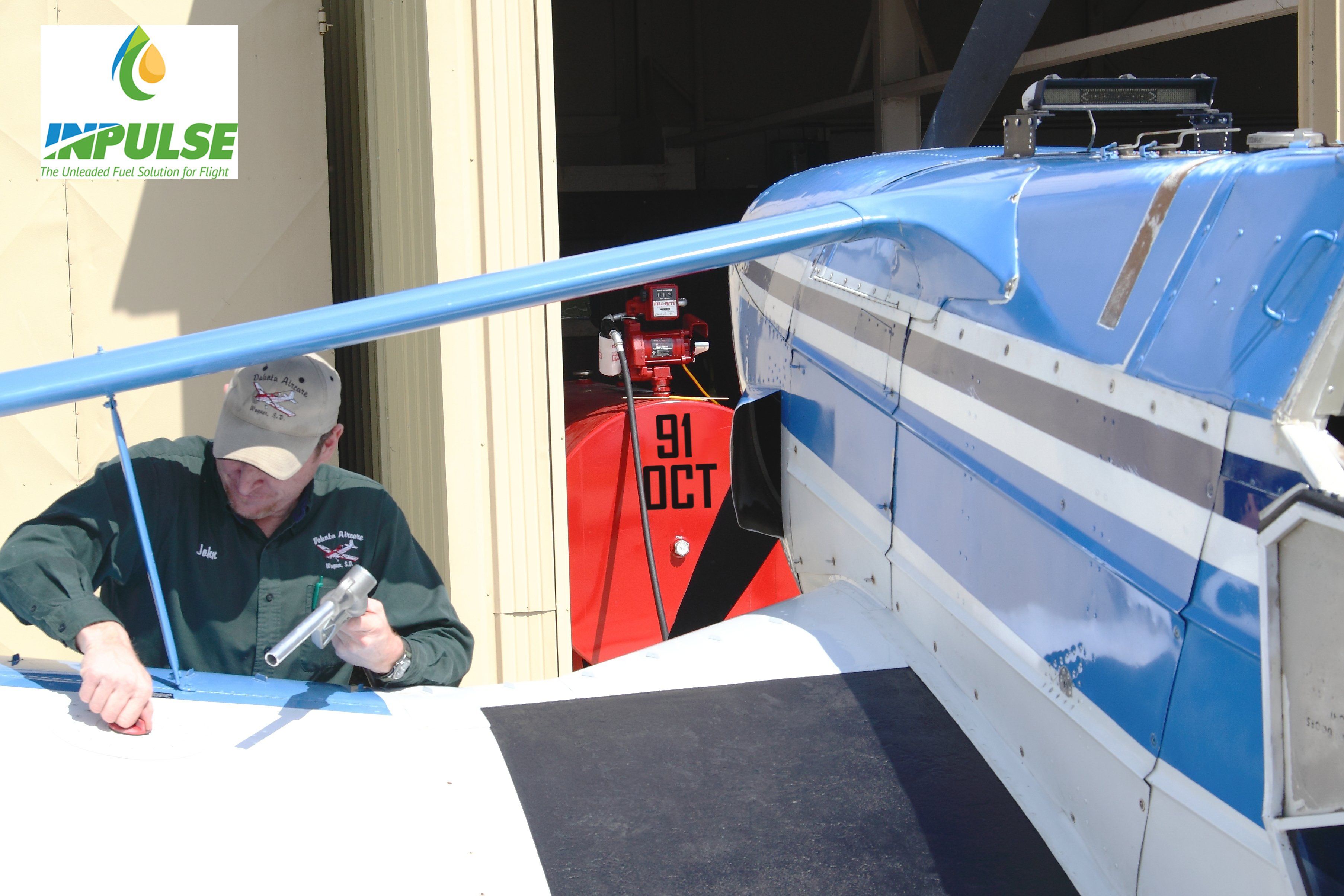
Now that the FAA has temporarily halted testing on an unleaded avgas replacement, a Kansas company says it may revive efforts to develop anti-detonation injection for light aircraft. By injecting a water-methanol mixture into the cylinders, so-called ADI allows engines that would otherwise require 100-octane fuel to burn lower octane. The injected mixture suppresses detonation at high power or in high temperature conditions.
Wellington, Kansas-based Air Plains developed the Inpulse ADI system in the early 1990s and tested it extensively, burning high-octane mogas in engines certified for 100LL. However, because leaded avgas remained available and mogas became harder to find on airports, Air Plains never found much market interest.
Two decades later, advancing technology may make it possible to reduce both the weight and the cost of the system, says Air Plains’ Rafael Soldan. Improvements would include an entirely automated system with vibration-based knock detection that would make the system’s operation entirely transparent to the pilot and a smaller, lighter fluid tank.
Soldan says Air Plains would like to reduce the cost to about a third of its current $10,000 installed price and reduce the system weight by about a third. The large unknown is whether demand will materialize in an uncertain avgas replacement market.
“It’s a waiting game,” Soldan said. “Everything moves at the speed of money. We know there has to be a solution. But if there’s no market, we’re not in the game at all, “Soldan said.
Like everyone else, Air Plains is watching what happens next with the FAA’s stalled Piston Aviation Fuel Initiative. PAFI began in 2014 with a selection of candidate fuels which it winnowed down to just two picks, one from Swift Fuels and one from Shell. In June 2018, the FAA suspended the PAFI process because the two candidate fuels were too different from 100LL to serve as a practical drop-in replacement. It’s seeking additional fuel candidate and has invited both Shell and Swift to submit reformulated fuels.
ADI was widely used in high-power radial and inline engines during World War II and in some airliners after the war. It fell into disuse when the military phased out piston engines in favor of turbines and jet engines.


































